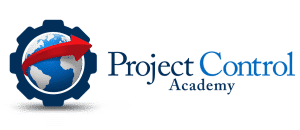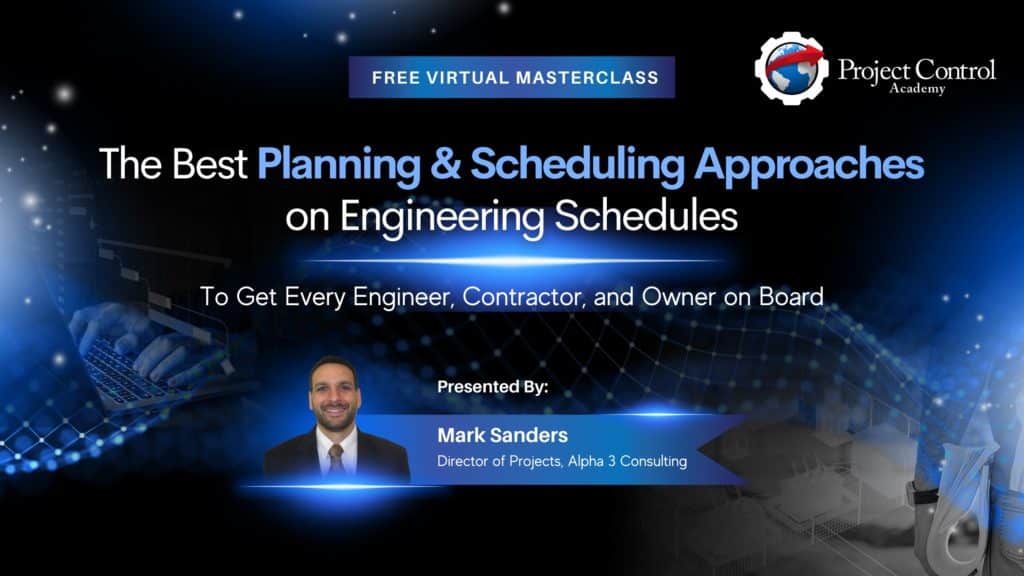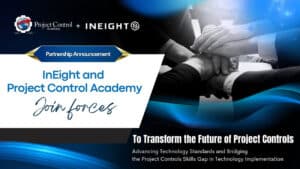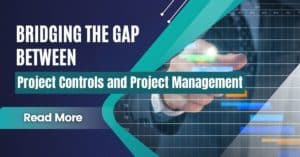Ever wondered what it takes to not just succeed, but truly excel in your project professional career? It’s a question I’ve pondered many times over the years, and through my own journey and experiences, I’ve come to realize something powerful: it’s not just about technical skills. Yes, technical expertise is important, but there’s a critical component often overlooked—leadership and communication. These are the true driving forces behind successful projects.
In today’s fast-paced and constantly evolving environment, many project professionals (and I used to be one of them) focus so much on honing their technical abilities that they forget how crucial leadership and communication are in ensuring that projects reach successful completion. What I’ve learned is that you don’t need a managerial title to lead effectively. True leadership starts from within, and the key is developing the right mindset and behaviors to make an impact—right from where you are.
The Overlooked Power of Soft Skills in Project Success
When I started out, like many others, I thought that being successful in a project-driven environment meant acquiring more technical skills—mastering the latest software, learning advanced methodologies, and becoming the go-to expert on processes. It was only after working on numerous projects, and watching even the most technically sound ones hit unexpected roadblocks, that I realized something was missing.
The real differentiator wasn’t technical know-how—it was leadership, communication, and the ability to navigate the complex human elements of the project. These are often referred to as soft skills—and for a good reason. They’re the softer, less tangible side of success, but in my experience, they make all the difference.
You see, technical skills will get you noticed, but your ability to lead, influence, and communicate will help you build trust and make your projects—and career—run smoothly. I’ve watched project professionals make incredible leaps in their careers not because they were the most technically advanced, but because they were the best at working with people, solving conflicts, and leading teams to victory.
Why Soft Skills Matter More Than You Think
Many project professionals believe that the fastest way to increase their success rate is to dive deeper into technical knowledge. I used to think the same way. But here’s what I’ve learned: the projects that succeed—the ones that run smoothly, meet deadlines, and deliver real results—are not always the ones led by the most technically proficient person. They are often led by the person who can communicate effectively, inspire collaboration, and guide teams through challenges.
In fact, working on your non-technical skills can boost your influence and impact far faster than acquiring another technical certification. Why? Because soft skills create connection, drive engagement, and foster problem-solving in ways technical expertise alone simply can’t.
Take communication, for example. If you can’t communicate the technical details in a way that’s clear and understandable to both your team and your stakeholders, you’ll struggle to move the project forward—even if you’re a technical wizard. Similarly, if you can’t navigate conflicts or motivate your team, the best-laid project plans can come undone.
Practical Tips to Elevate Your Leadership Without a Title
You might be thinking, “I’m not a project manager. I don’t hold a leadership position. How can I make an impact?” The good news is you don’t need a title to lead. Here’s how you can start leading right now:
1. Focus on Building Relationships
In any project environment, relationships are the foundation of success. The stronger your relationships with your team, stakeholders, and even clients, the smoother your projects will run. Take time to build trust, understand the needs and motivations of those around you, and create an environment of open communication. You’ll be surprised at how much influence you can have just by being someone people can rely on.
When I started paying more attention to the people around me rather than focusing solely on tasks, everything changed. Projects became more collaborative, and team members felt more engaged, which ultimately led to better outcomes.
2. Practice Active Listening
One of the most powerful leadership skills is also one of the simplest: listening. Actively listening to your team not only helps you understand their concerns, challenges, and ideas, but it also helps you build trust and rapport. People want to feel heard. When you take the time to truly listen, you show them that their voice matters.
I’ve found that in many situations, simply listening—without rushing to offer a solution—allows for deeper conversations and more thoughtful decisions, leading to smoother project execution.
3. Improve Your Communication Skills
Effective communication is at the heart of every successful project. Whether it’s communicating expectations clearly, providing feedback, or sharing updates with stakeholders, your ability to articulate ideas and plans will determine how well your project flows.
In my experience, a well-communicated message is like oil to the project machine—it reduces friction and helps everything run more smoothly. Focus on clarity, transparency, and empathy in your communication.
4. Take Initiative
Don’t wait for someone to give you permission to lead. Leadership is about action, and the more you take initiative, the more others will look to you for guidance. If you see a problem that needs solving, step up and suggest a solution. If your team needs a direction, offer one.
I’ve always believed that leadership starts with taking ownership. Once you start leading through your actions, your influence will grow—regardless of your title.
5. Develop Emotional Intelligence
Emotional intelligence—your ability to understand and manage both your own emotions and the emotions of others—is critical in project environments. By being aware of how people feel, you can navigate difficult situations more effectively, resolve conflicts, and build a more cohesive team.
When I began focusing on improving my emotional intelligence, it completely transformed the way I managed challenges. It helped me remain calm under pressure and made it easier to connect with others, even during high-stress situations.
6. Embrace Problem-Solving and Flexibility
Projects rarely go exactly according to plan. Being flexible and embracing problem-solving as part of the process will position you as a valuable leader. When something goes wrong—and it often will—look for solutions rather than pointing fingers. Flexibility and resilience show your team that you’re someone who can handle adversity and keep things on track.
Why Soft Skills Are the Key to Career Advancement
Focusing on soft skills doesn’t just improve project outcomes; it can fast-track your career growth. In my experience, professionals who take the time to develop their leadership, communication, and emotional intelligence skills rise faster and further than those who focus exclusively on technical expertise. That’s because people are drawn to those who can lead, motivate, and communicate effectively. The more people want to work with you, the more opportunities come your way.
I’ve seen countless project professionals make incredible career leaps, not because they mastered the latest technology, but because they mastered the art of leading without a title.
Ready to Excel in Your Project Career?
If you’re ready to take your project career to the next level, remember this: it’s not just about technical expertise. Focus on developing your leadership, communication, and emotional intelligence skills, and you’ll see your influence—and success—grow far faster than you imagined.
Want to learn how to master these skills and become a true leader, no matter your position? Join my Masterclass on the Recipe for Leadership Success. Together, we’ll explore how you can harness the power of soft skills to elevate your career and make a lasting impact.
About The Author: Kamran Akbarzadeh
Dr. Kamran Akbarzadeh is the dynamic CEO of Project Control Academy, the author of the award-winning books “Leadership Soup” and “Get What You Want,” and an advocate of leadership without title.
Leading the academy with strategic foresight, Dr. Akbarzadeh is dedicated to charting a course that delivers exceptional value to project professionals across the globe. His varied career encompasses notable positions in large corporations as a project manager, subject matter expert, program leader, and partnership advisor, alongside his achievements as a groundbreaking entrepreneur and coach.
Passionate about inspiring individuals and businesses to overcome challenges, achieve their aspirations, and accelerate their success, Dr. Akbarzadeh commits himself to coaching and training that transforms performance. He specializes in guiding project professionals to refine their leadership qualities and interpersonal skills, fostering both personal and career advancements.
Dr. Akbarzadeh holds a PhD in Chemical Engineering, a PMP certification from the Project Management Institute, and the distinguished title of Toastmaster (DTM) with Toastmasters International, reflecting his dedication to leadership and effective communication.
To learn more about Kamran, please visit his profile on LinkedIn.


![[Free 90-min Masterclass] The Ultimate Leadership Recipe for Project Professionals](https://www.projectcontrolacademy.com/wp-content/uploads/2024/08/4-1024x576.jpg)



















